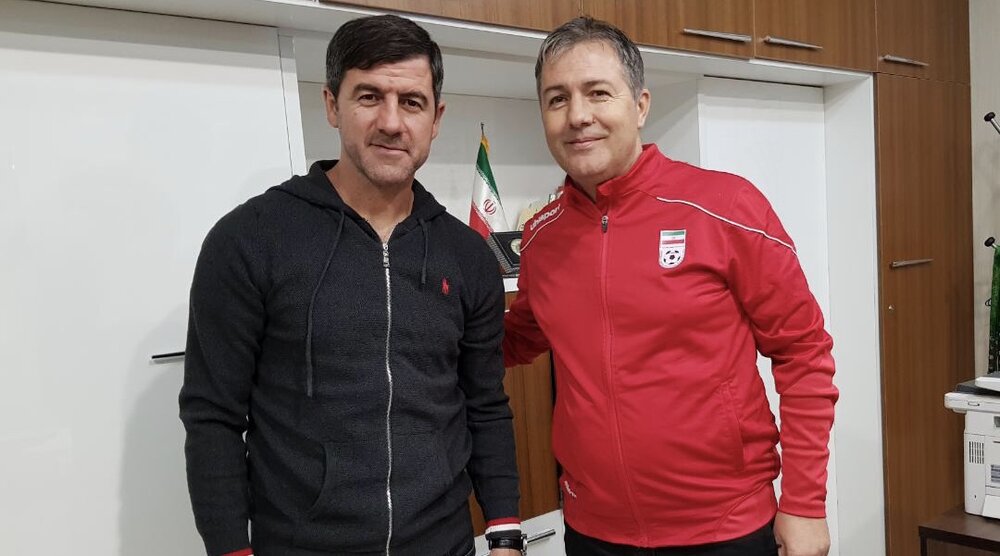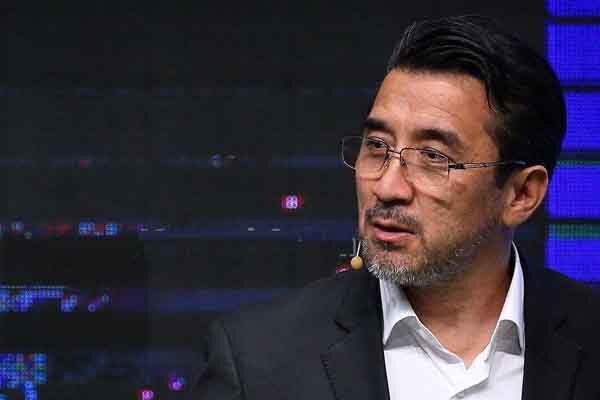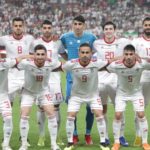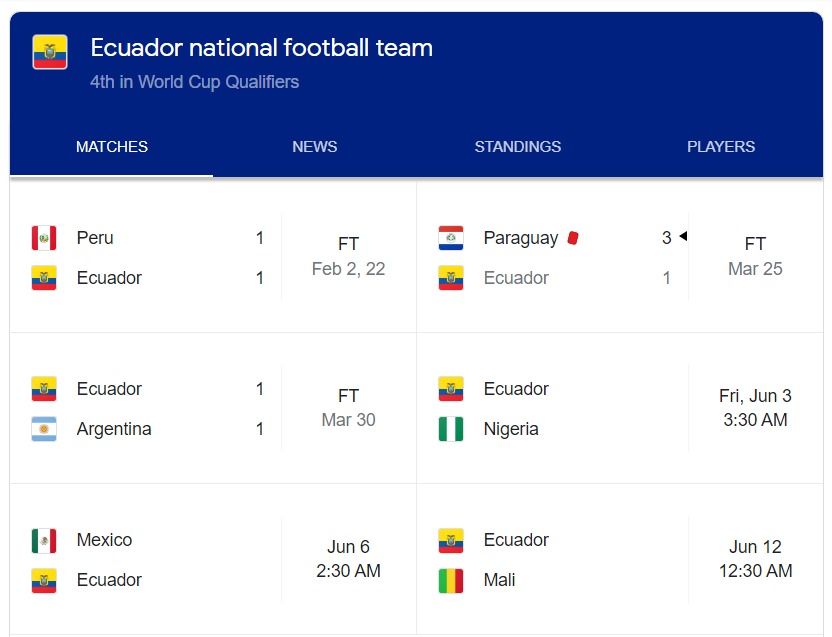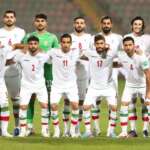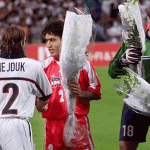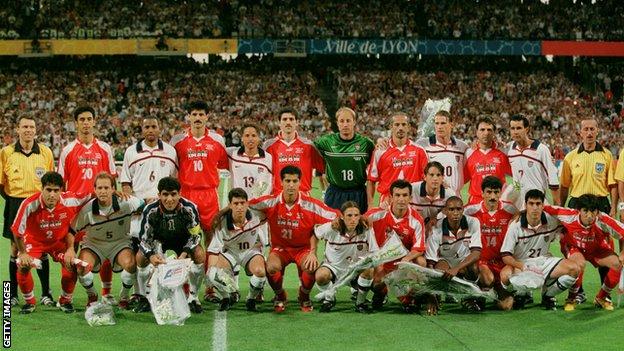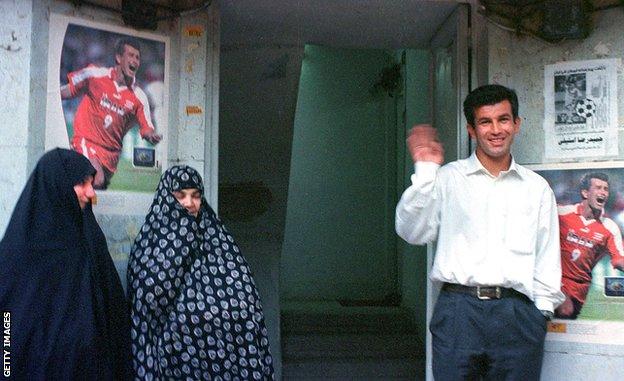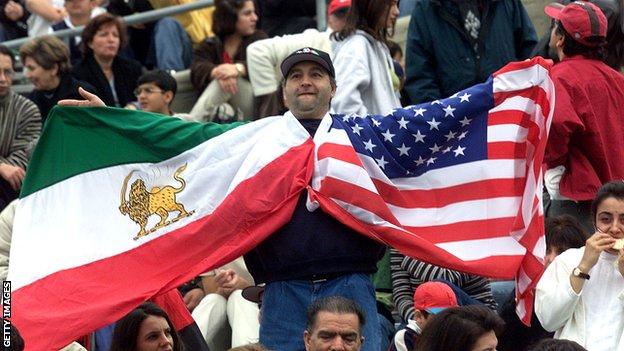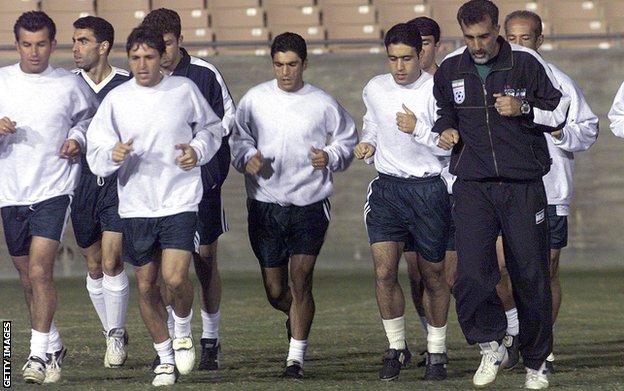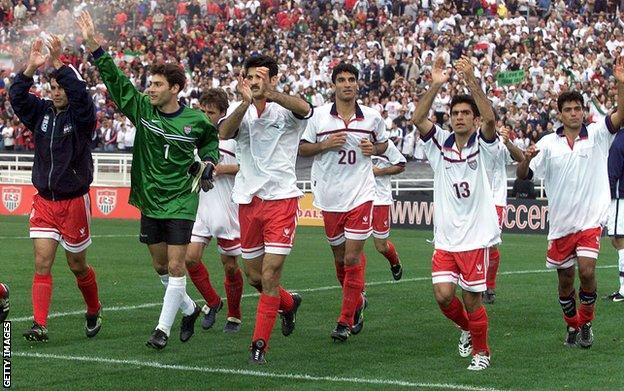After the cancelation of the Canada and Ecuador matches. Uruguay was named as a strong candidate for a friendly but today, it has been announced that Dragan Skočić is against traveling thousands of miles to Latin America to play a friendly match between Iran and Uruguay.
The friendly match between Iran and Uruguay was not singed off due to the opposition of the Head Coach of Team Melli. originally, the Football Federation had planned to travel from Qatar to South America because the Team Melli calendar was void of any matches on FIFA Day, but due to the availability of several well-known African teams, these options are more favorable, which is why Skocic has opposed his team’s departure to Uruguay. The Iranian Football Federation is negotiating with several African teams such as Cameroon, Algeria, and Congo to arrange three friendly matches in Qatar. None of these countries have suggested that it will be playing against Iran, though.
Earlier, the FFIRI was also in negotiation for a match against Senegal but nothing came out of that either.
Iran is the only qualified team for the FIFA World Cup Qatar 2022 that has no friendly match on its calender until the World Cup Group C match against England.



